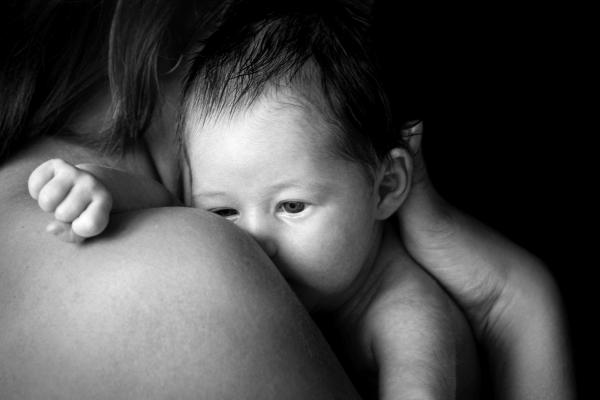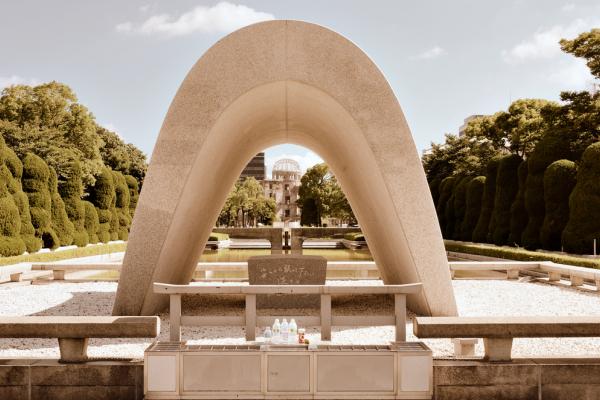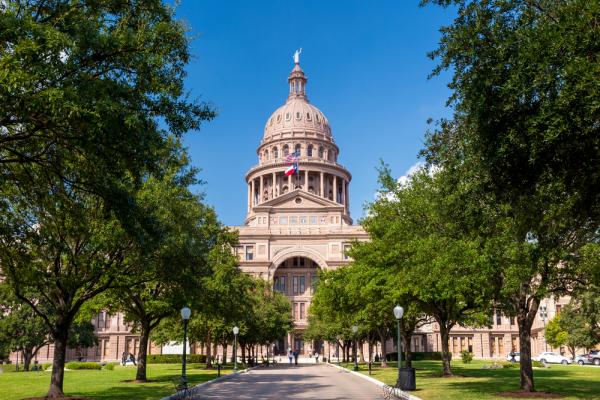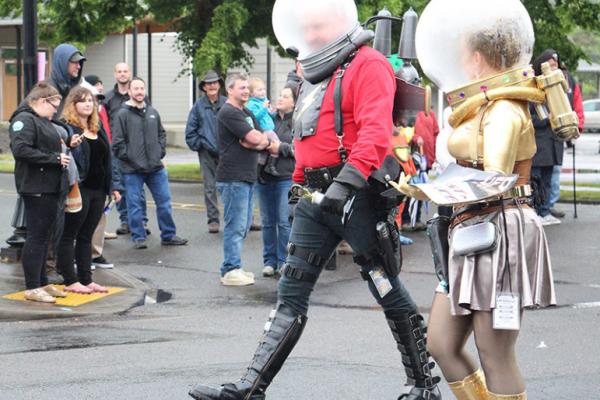On a Saturday afternoon in the New York City suburb, Ossining, N.Y., Bette Ann Jaster, OP sits in the chapel at Mariandale Retreat and Conference Center. The priest is preaching about the baptism of Jesus, in which Jesus was invited by John to come to the water. As she listens, Jaster, a Dominican Sister of Hope, can't help but hear his words literally.
At the time, media sources were spilling the news that the Flint, Mich., water was toxic. Jaster reflected on the fact that, for over a year, the water flowed steadily to residents, hospitals, and businesses following a switch in their supply from Lake Huron to the Flint River to save money.
Black Americans’ educational equality has improved in the last year, but college graduation rates and access to high-quality elementary and secondary education remains a problem, according to a major survey by the National Urban League — which wants Congress to ramp up early childhood education and provide more federal aid to black college students.
“Down by the Riverside” comes out of the same time in the history of our nation that the lingering divisions of Civil War did, and it’s a reminder to us that our hope and calling as children of God is to leave off studying war.
I believe that a Christian can nonetheless honor those who have fallen in war. They are casualties not only of the arms of a foe, but also of the failure of humanity to build a better peace. Those who hold arms take on not only the burden of risking their lives, but are also made to bear those first poisoned fruits whenever nations or radical groups turn to the sword instead of the plowshare.
Diseases don't read, but they understand social contracts. They kill and maim the poorest and weakest among us first: pregnant women, people without air conditioning, people who have to store water outside in case of shortages, places where mosquitoes breed and grow and bite and viruses swarm the placenta and maim a growing baby's brain.
I’m sorry for bookending my presidency with visits to historically significant cities — that’s Prague and Hiroshima, if you haven’t been paying attention — to exploit them as backdrops for lofty but ultimately inconsequential noises about the elimination of nuclear weapons.
I wish that the testimony of my friends who literally beat guns into garden tools could be part of the courtroom proceeding. They urge us to make guns and other weapons unnecessary, using raw tools of compassion and service to heal the conflicts in which weapons are used. I wish my young Afghan friends here in Kabul, who live under constant surveillance of Unmanned Aerial Systems, could testify about their desire to refine tools of peace making and constructive service.
A nearly 900-year-old synagogue recently held its first Sabbath service in decades in one of the diaspora’s farthest flung places: the coastal Indian city of Cochin.
Congregants came from four continents for what could be the last such observance in a region whose once-thriving Jewish communities have mostly migrated to Israel.
The nation’s largest Muslim civil rights and advocacy organization has been earnestly educating Americans for years about Islam while denouncing the growing tide of anti-Muslim bigotry.
But it’s always an uphill battle, so this week the Council on American-Islamic Relations decided to try a little humor instead. The result is the introduction of a spoof medication called “Islamophobin” that seems sure to get more notice than CAIR’s usual campaigns.
Eleven states have sued in response to the Obama administration’s May 13 directive to provide transgender students with bathrooms matching their gender identity, reports The Washington Post.
The lawsuit was filed May 25 in the U.S. District Court for the Northern District of Texas.
Jan Woods believes.
She’s sure she saw a UFO back in 1978 when she was living in Nevada, something she spotted in the sky that was so amazing, she said, she had to pull her car over by the side of the road.









